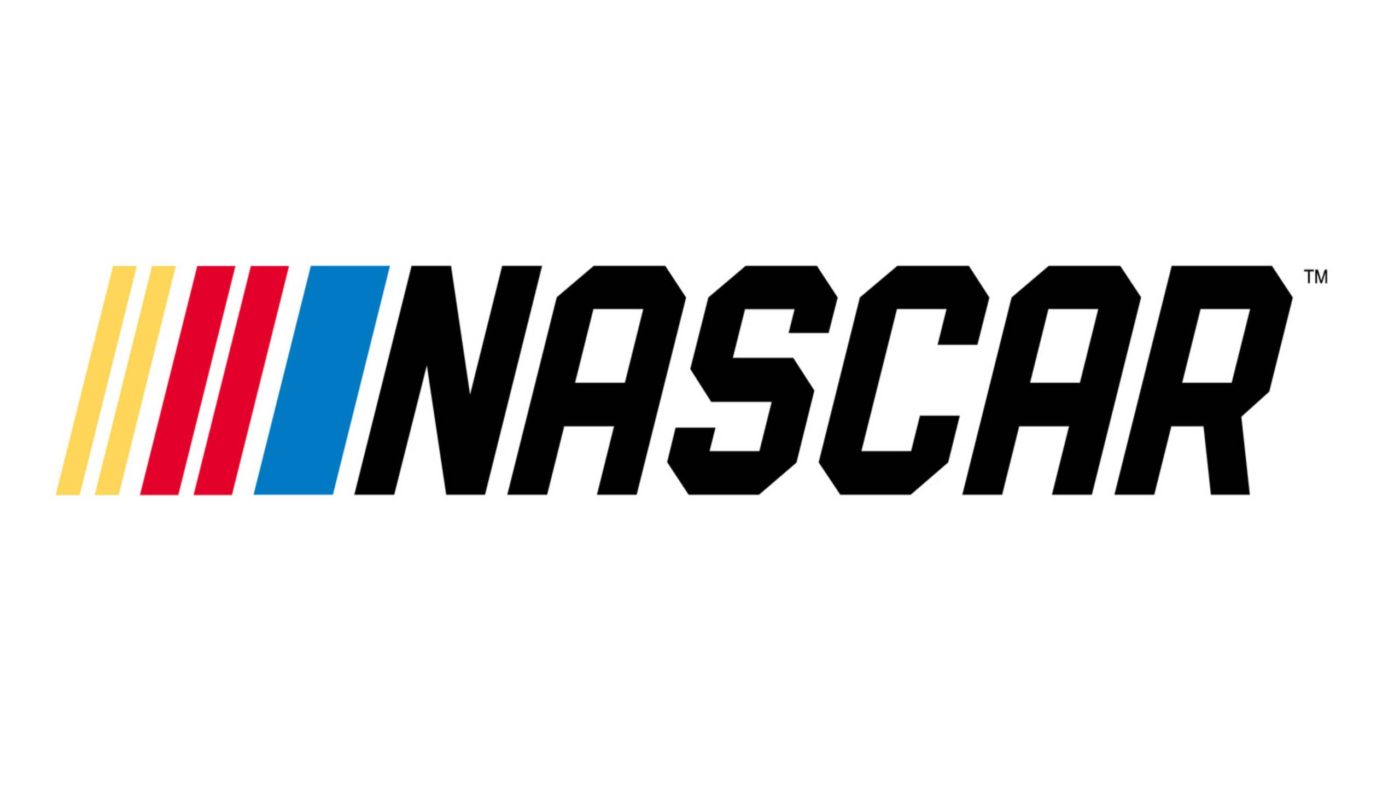(Featured image courtesy of Autoweek)
So, I know what you’re thinking. NASCAR? Really? I’ve been a NASCAR fan since I was 7 years old, so I am well aware of the perception of the sport amongst young people. Over the past year or so on campus, I think I have become known as “the NASCAR guy” after I started a student organization focused on the topic. And I often get the question of “Why?” or “What is the appeal?” For a long time, it has been hard for me to explain to people. Growing up around the sport, I have always seen beauty in it underneath the problems and stereotypes. But now, a new age for the sport is dawning as the 2021 season is about to begin, with several new additions that I think might change your perception. So, just hear me out.
When 24-year-old fan favorite Chase Elliott, son of 1988 champion Bill Elliot, won the NASCAR Cup Series championship last November, it marked the changing of the guard. Elliott’s emergence as the first superstar from a younger generation of drivers begins a new era for NASCAR. The new faces of stock car racing are tasked with a tall order: reinvigorating a sport long plagued with negative stereotypes, a lack of racial diversity, and dwindling ratings among younger viewers. But all of that history isn’t stopping Elliott and his peers from trying to bring the sport to a new, younger demographic, and their efforts aren’t going unnoticed by outside partners, either.
During the offseason, several new race teams entered the fold. After Bubba Wallace, NASCAR’s only full-time African-American driver, emerged in national headlines last summer for successfully bringing about a ban on fans bringing confederate flags to racetracks, NBA Legend and Charlotte Hornets owner Michael Jordan announced that he would be starting a new race team, 23XI Racing, which Wallace will drive for in 2021. Wallace will drive a car numbered 23, the number Jordan carried for much of his basketball career, and recieve a slew of well-known sponsorship partners like Doordash, McDonalds, and Dr. Pepper, and top-of-the-line technical support from Toyota Racing Development. These partners, along with Wallace’s talent behind the wheel, provide all of the ingredients for Wallace to become a superstar. Should Wallace get a victory this season, it would be just the second by an African-American driver in the Cup Series. The first was by Wendell Scott in 1964, so a win by Wallace would be a historic and long overdue occasion.
Meanwhile, former driver Justin Marks announced he would be starting a team as well, called Trackhouse. Trackhouse flew under the radar for most of the offseason, until the team gained “worldwide” appeal with rapper Pitbull coming on as an investor. Trackhouse plans to reimagine several elements of race team ownership, by placing its garage in the center of a major city for easy fan access, and focusing on STEM education as a primary goal of the team. The team’s driver, Daniel Suarez, a Mexican immigrant, similarly to Wallace will further help expand NASCAR’s base and efforts for diversity. Suarez won the 2016 championship in NASCAR’s “minor league,” the Xfinity Series, so now with the right opportunity, he may break out as a serious contender.
Drivers aren’t the only place where there is more diversity in NASCAR this year, though. Long known for “going around in circles, making left turns,” NASCAR is mixing up the 36 race Cup Series schedule, starting with seven road courses where drivers turn left and right. There will also be a race on a dirt surface at Bristol Motor Speedway, the first NASCAR Cup Series race not held on pavement in 50 years. The wide range of new circuits will provide drivers with all sorts of unique challenges and should make it harder for one driver to dominate the series. Plenty of new excitement and driver interest is coming from the new schedule, while still offering 28 heart-pounding oval track events that fans know and love.
Overall, everything is looking up for NASCAR. Viewership plateaued from a decade of decline in 2019 and was up in 2020. NASCAR was listed as one of the top 10 fastest growing brands among Gen Z according to a recent Morning Consult poll; and Wallace and Ryan Newman, who survived a harrowing crash in the 2020 Daytona 500, were ranked among the top 5 most searched athletes by Google in 2020. Retro NASCAR themed jackets, covered in sponsor patches, are even supposedly becoming a fashion statement among young people according to a recent Bloomberg report. And, a new car model in 2022 which will reduce costs and introduce hybrid power will no doubt continue to attract new owners like Jordan, Marks, and Pitbull.
So, what am I asking? I am asking you to give NASCAR a chance or perhaps another chance. Perhaps you watched NASCAR during its 2000s heyday when it was second to the NFL in ratings and got discouraged by its decline during the recession. Maybe your parents used to watch races and you found them boring. Or perhaps you didn’t feel welcome because there wasn’t a driver that looked like you or because of the confederate flags flying at the racetracks. Whatever the reason you aren’t watching now, there has never been a better time to become a NASCAR fan. Because when that green flag flies for the season-opening Daytona 500 on February 14th, NASCAR will be racing into a historic new era, and it’s not something you are going to want to miss.
(Article submitted to the Chimes by Matthew Longfellow)

